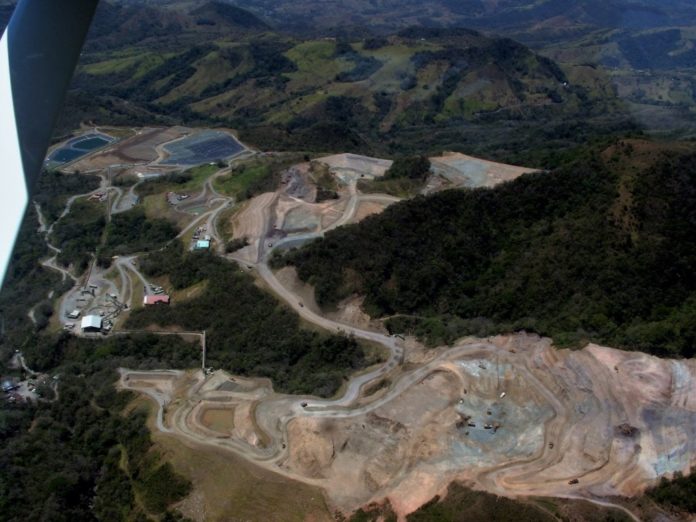CAMBRIDGE, Mass. — The Zoravik collective invites the public to an informal talk and discussion with environmentalists and human rights activists based locally and in Armenia on Sunday, November 18. The Amulsar mine is one of several internationally funded-mining projects in Armenia, and it is the most recent to become the focus of local environmental activists. For many Armenians, Amulsar symbolizes the expansion of corporate greed at the expense of long-term environmental and human health.
Activist Arpineh Galfayan will join the discussion from Yerevan via Skype to discuss the current state of the campaign to shut down the Amulsar project and will provide ideas for diaspora-based activists who want to support activists in Armenia. Dr. Henry Theriault will help to frame the issues of the Amulsar project within in an international perspective and Ursula Kazarian will moderate the event.

Galfayan is an environmental activist, human rights activist and a feminist. She is also engaged in organizing non-formal education for young people on active citizenship and non-violent civil resistance.
Theriault is associate vice president for Academic Affairs at Worcester State University and president of the International Association of Genocide Scholars.
Ursula Kazarian is the founder and former president of the Washington, DC-based Armenian Environmental Network.
Internationally-funded mining projects are often portrayed as profitable for emerging economies across the globe. Proponents of mining projects often argue for responsible resource exploitation as a means to support political independence and national security interests, as well as to empower local communities through new and relatively stable employment opportunities. Mining companies and their financial partners also often promise direct economic investment in public infrastructure as “bonuses” for impacted communities. These “extra” investments typically include school upgrades and new roads that will provide improved and long-lasting market access for economic development. However, the realities following such projects typically fall far short of those promises.









